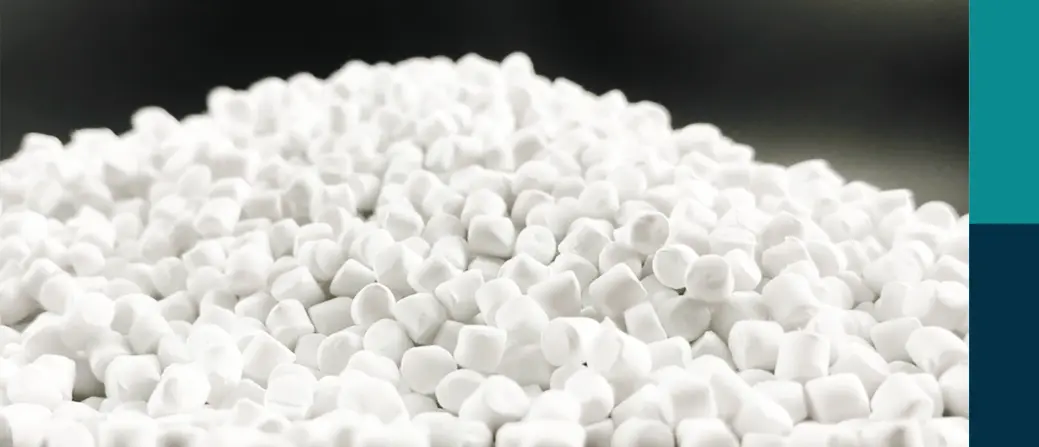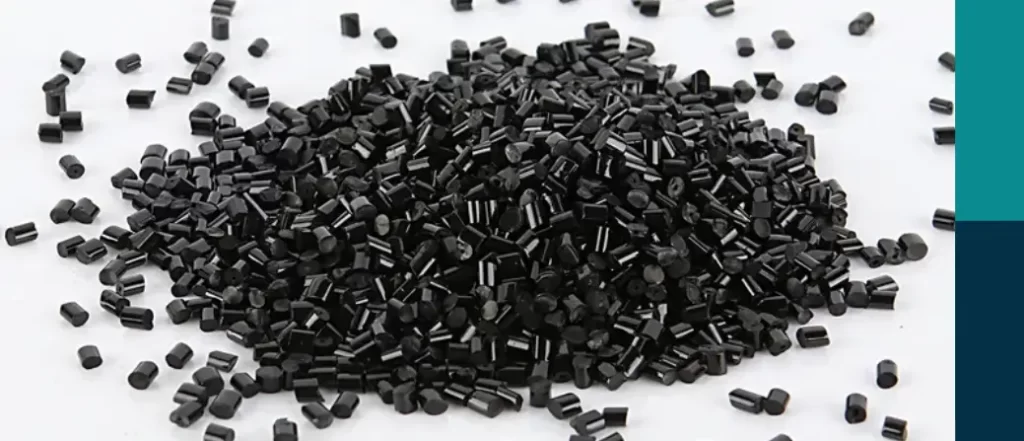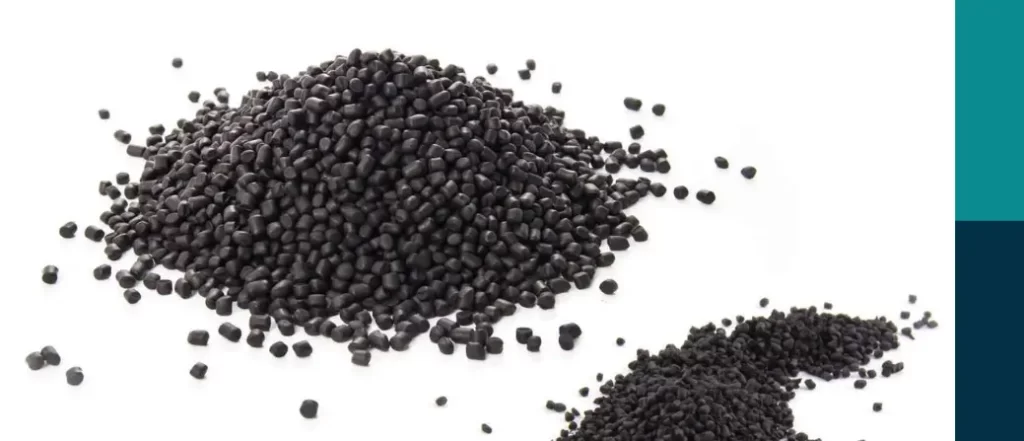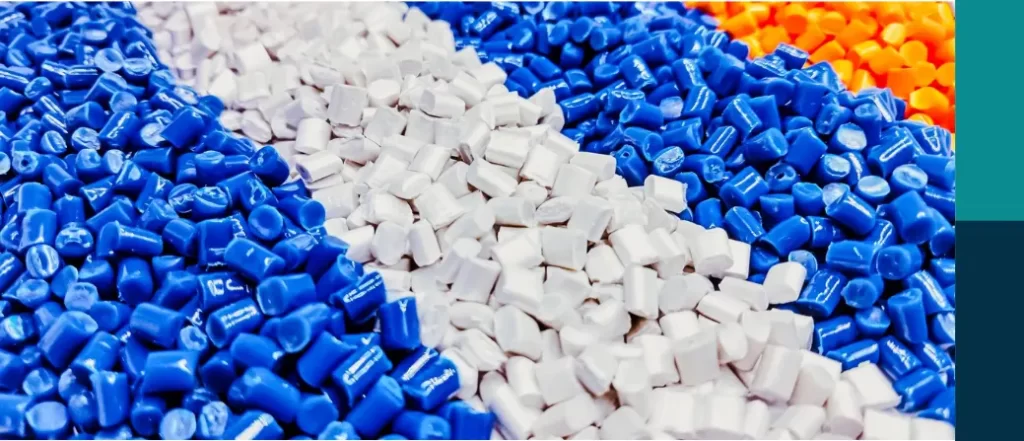Anti-block masterbatch
Anti-block masterbatch is an essential additive used in the plastic industry to enhance the performance and functionality of plastic products. This specialized material is critical in preventing unwanted adhesion between layers of plastic films and sheets during production, storage, and use.
This article will explore the significance of anti-block masterbatch, how it works, and its applications across various industries.
Anti-block Masterbatch in Plastic Industry
The plastic industry, which heavily relies on films and sheets made from polymers such as polyethene (PE) and polypropylene (PP), often faces the challenge of these materials sticking together. This can create substantial issues during processing, transportation, and end-use.
However, the introduction of anti-block masterbatch has provided a significant relief from these challenges, ensuring smooth operations and high-quality products.
Anti-block masterbatch addresses this challenge effectively. By incorporating anti-block additives into the production process, manufacturers can produce plastic films that maintain their quality and integrity.
This masterbatch typically contains fine particles, such as silica, talc, or special polymer blends, which create a microscopic texture on the surface of the film. As a result, these particles reduce friction and prevent layers from sticking together, ensuring smooth handling and improved product performance.
The introduction of anti-block masterbatch has revolutionized the plastic industry, allowing manufacturers to improve the efficiency of their operations.
This additive not only enhances the performance of plastic films but also helps in maintaining the aesthetics and functionality of the final products.
How does Antiblock Masterbatch Work?
Understanding how anti-block masterbatch works is key to appreciating its benefits.
When plastic films are produced, they often meet one another during processes such as winding, cutting, or stacking. Without anti-blocking agents, the surfaces of these films may stick together due to adhesion, leading to defects, reduced productivity, and increased waste.
Anti-block masterbatch works by introducing microscopic particles into the polymer matrix.
These particles create a rough surface texture that disrupts the contact points between adjacent layers of plastic.
The result is a significant reduction in the coefficient of friction, which in turn minimizes the tendency for the films to adhere to one another.
Additionally, anti-block masterbatch can also influence other physical properties of the plastic.
It can enhance clarity, improve mechanical strength, and provide better resistance to scratching and abrasion. This versatility makes it an invaluable addition to various types of plastic formulations
Types of Anti-block Masterbatch
Several types of anti-block masterbatches are available in the market, each designed for specific applications.
These include silica-based, talc-based, and polymer blend masterbatches, each with unique properties and benefits. Understanding these types can help manufacturers choose the right one for their specific needs.
- Silica-Based Anti-block Masterbatch: Utilizes silica particles to create a rough surface that reduces sticking. It is ideal for food packaging films due to its effectiveness and safety.
- Talc-Based Anti-block Masterbatch: Contains talc, which provides excellent anti-blocking properties while also enhancing stiffness and strength.
- Polymer Blends: These masterbatches combine different polymers to achieve tailored properties, such as improved clarity or flexibility.
Choosing the right anti-block masterbatch type depends on the application’s specific requirements and the properties desired in the final product.
Using Antiblock Masterbatch in Different Industries
The versatility of anti-block masterbatch allows it to be used across a wide range of industries, significantly improving product performance and production efficiency. Here are some key sectors that benefit from the use of anti-block masterbatch:
- Food Packaging
In the food packaging industry, maintaining product integrity and safety is paramount. Anti-block masterbatch plays a crucial role in preventing films from sticking together, which can compromise the quality and shelf life of food products. This additive enhances the overall efficiency of food packaging lines by ensuring smooth operation during packaging processes.
- Textiles
The textile industry also utilizes anti-block masterbatch in various applications, such as producing non-woven fabrics and coated textiles. It prevents layers from sticking together during processing and enhances the performance of textile products by improving durability and wear resistance.
- Automotive
Anti-block masterbatch is used in applications like interior trim components and protective films in the automotive industry. It helps maintain the aesthetics of automotive parts by preventing scratches and preserving clarity, ensuring that the products meet stringent quality standards.
- Consumer Goods
Consumer goods, including household items and personal care products, also benefit from anti-block masterbatch. It enhances the packaging quality and user experience by preventing issues such as jamming or tearing during opening and use.
Construction
An anti-block masterbatch is used in construction applications in products like geomembranes and construction films. It improves the handling and performance of these materials, ensuring they remain functional under various environmental conditions.
Environmental Considerations
Manufacturers are seeking eco-friendly solutions as sustainability becomes increasingly important in the plastic industry.
Some anti-block masterbatches are designed with biodegradable components, allowing for improved environmental performance without compromising on functionality.
Furthermore, the use of anti-block masterbatch can contribute to reduced waste during production. By minimizing defects and enhancing efficiency, it helps manufacturers save on resources and costs, aligning with the growing demand for sustainable practices in manufacturing.
Anti-block masterbatch is a crucial additive in the plastic industry, offering significant performance, efficiency, and product quality benefits.
By preventing adhesion between plastic films and sheets, this masterbatch enhances the overall manufacturing process and ensures that final products meet high standards of functionality and durability.
As various industries continue to adopt anti-block masterbatch, staying informed about the latest developments in anti-block technology is crucial.
This proactive approach will allow manufacturers to fully leverage its advantages and meet the evolving demands of the market.
Incorporating an anti-block masterbatch improves operational efficiency and contributes to a more sustainable approach to plastic production, making it an indispensable component in modern manufacturing practices.




